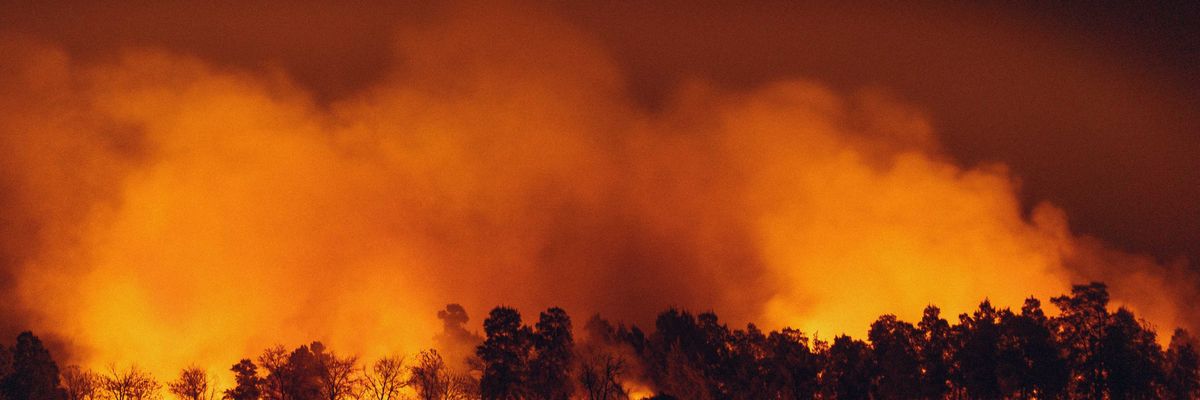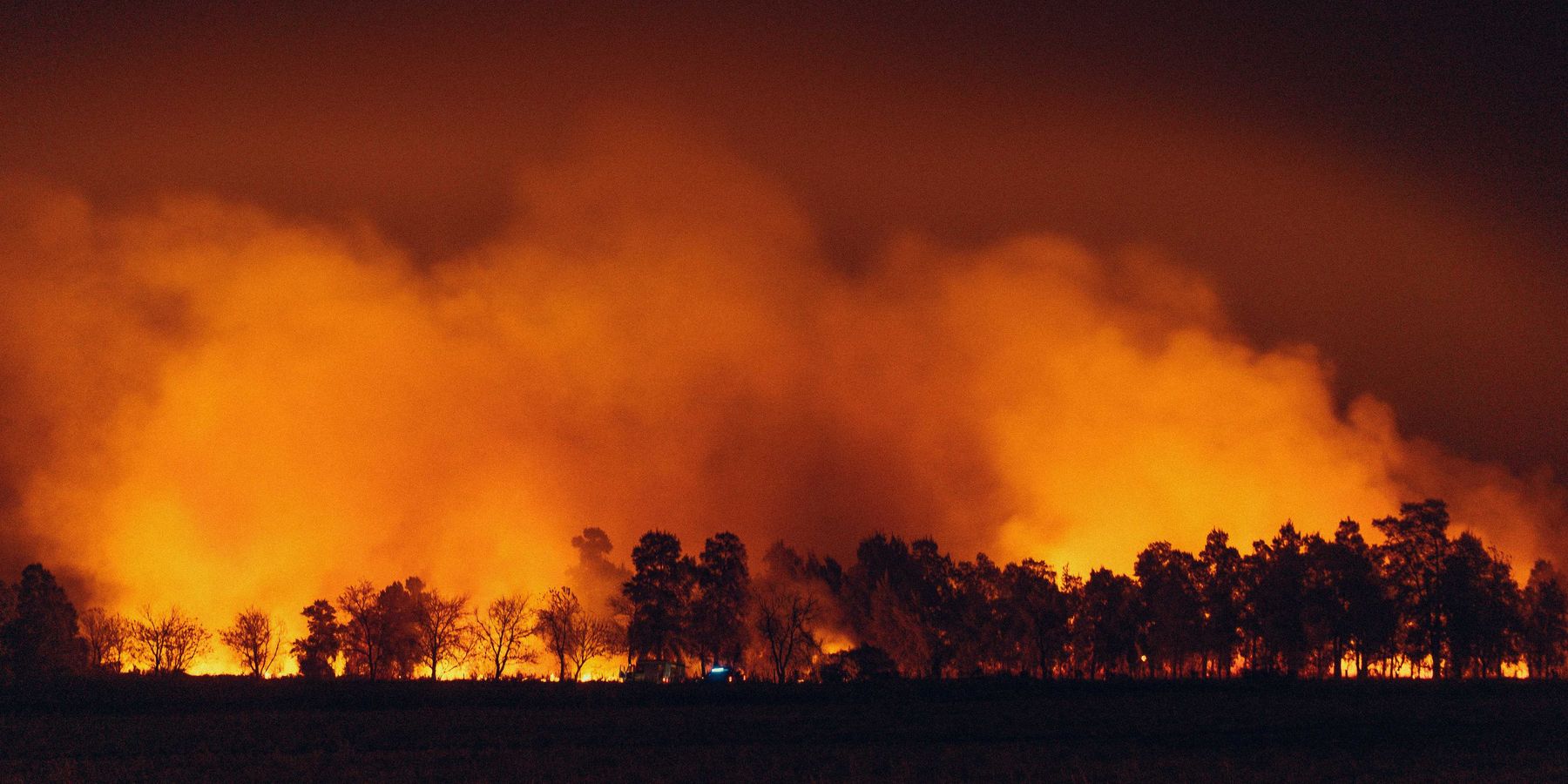alpine ecosystems
Climate change affects nutrient cycles in Alpine ecosystems
A recent study reveals that climate change is severely disrupting nutrient retention in alpine ecosystems, particularly impacting the nitrogen cycle vital for plant and soil health.
In short:
- Alpine regions are experiencing enhanced warming, resulting in decreased snow cover and increased shrub migration, affecting the ecosystems' ability to retain nutrients like nitrogen.
- Seasonal dynamics are crucial; disruptions in spring and autumn significantly diminish nitrogen uptake by plants, impacting overall ecosystem health.
- Experiments in the Austrian Alps have demonstrated how altered snow patterns and shrub growth negatively influence the nitrogen cycle.
Key quote:
“[The study] really added to the literature, arguing that it’s really important to understand the interaction among the different elements of an ecosystem and what the effects of climate change will be.”
— Olivier Dangles, author of Climate Change on Mountains.
Why this matters:
Alpine ecosystems are biodiversity hotspots and serve as home to species uniquely adapted to cold environments. As the climate warms, these species face increased risk of extinction if their habitat changes too quickly for them to adapt. In addition, A reduced snow cover and altered precipitation patterns could lead to water shortages, affecting agriculture, drinking water supplies and hydroelectric power generation.
People are flocking to see melting glaciers before they're gone—bringing both benefit and harm.









